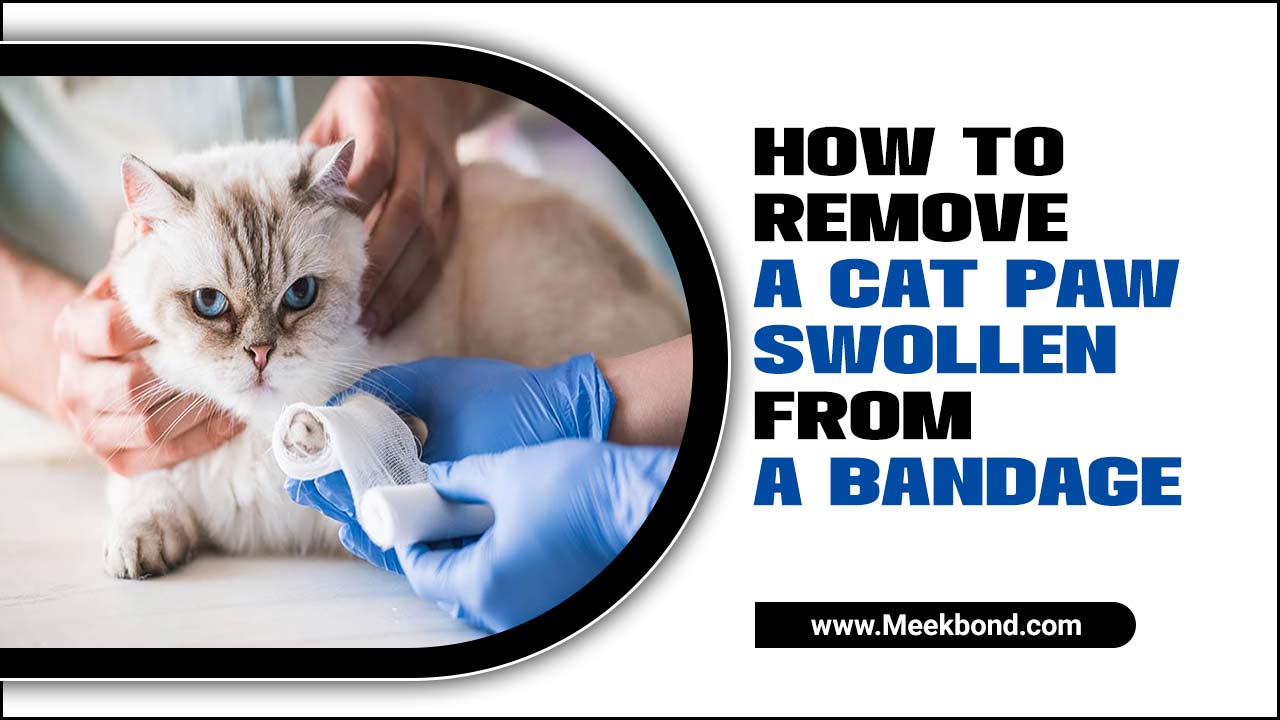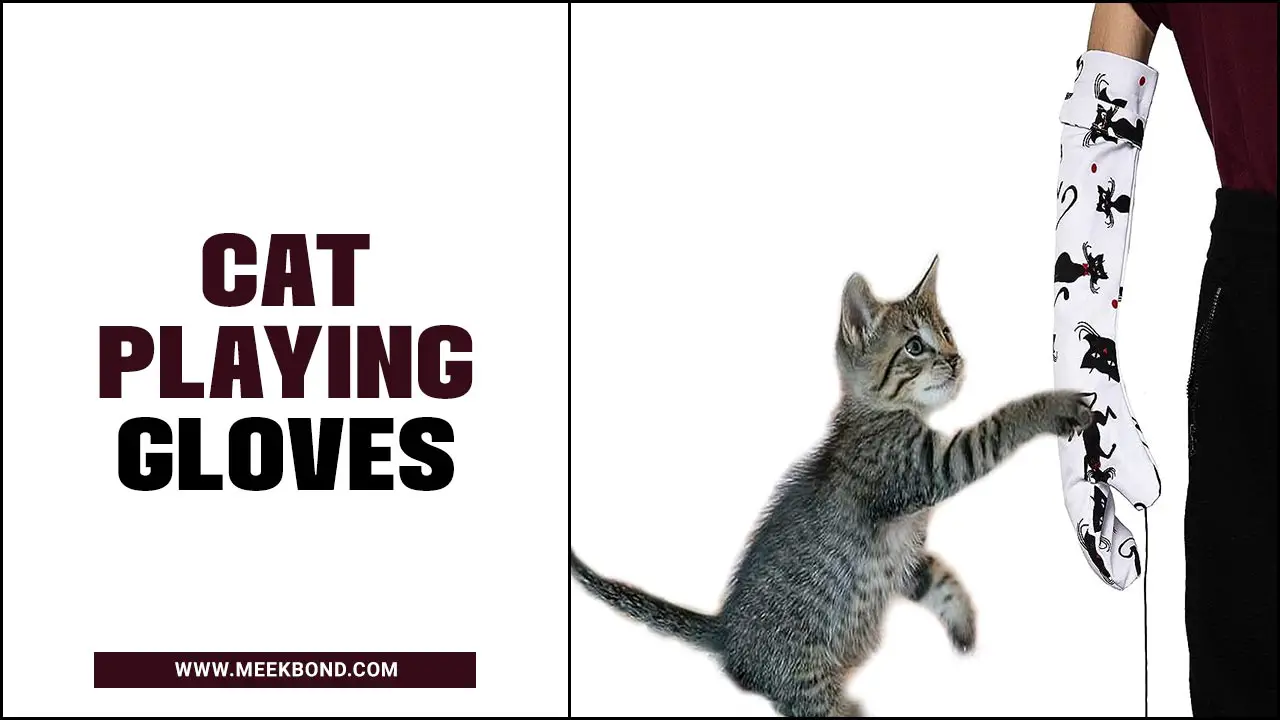Cats are popular for their quirky and adorable behaviors. One of the most common feline habits is suckling, seen in both kittens and adult cats. However, it’s not uncommon to find your cat suckling in sleep.
While this behavior may seem cute and harmless, there could be underlying reasons why your cat is doing it. Here we’ll explore why cats suckle in their sleep, from comfort to stress relief. We’ll also provide tips on discouraging the behavior if it becomes a problem. Additionally, we’ll answer other common questions about cat behavior during sleep, such as why they move their mouth or twitch.
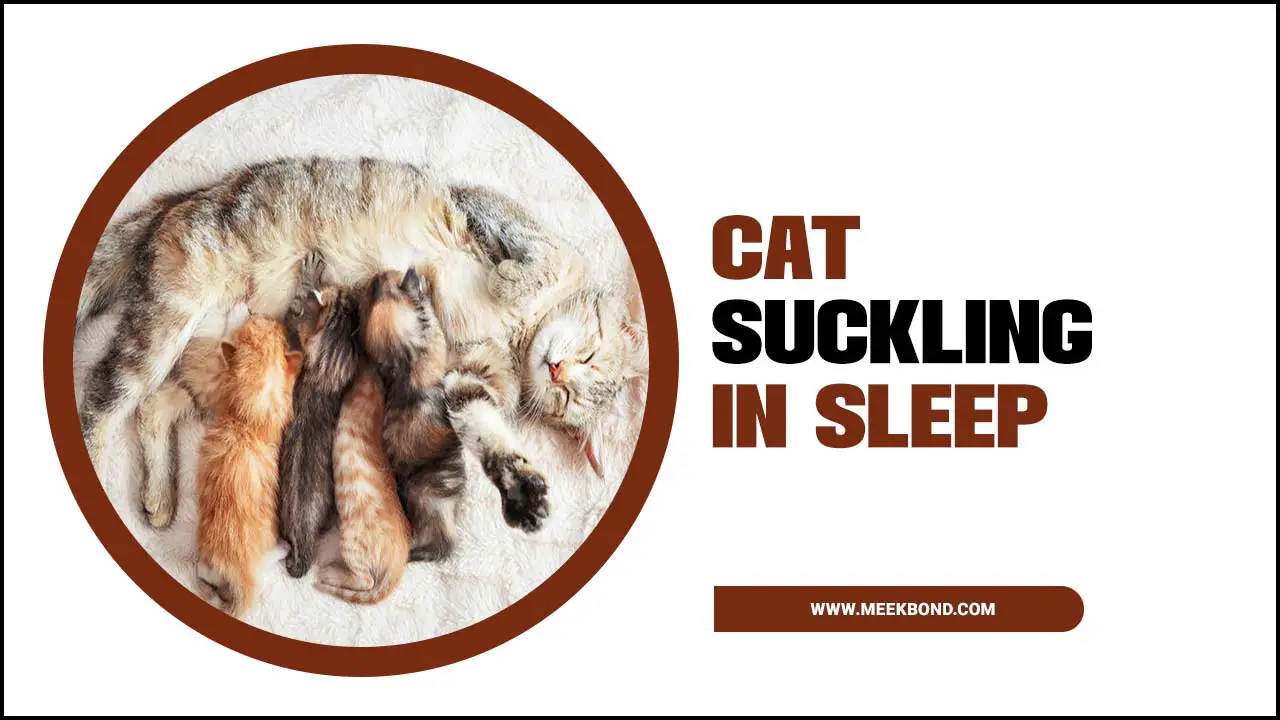
Why Do Cat Suckling In Sleep? – 5 Reasons For This Behavior
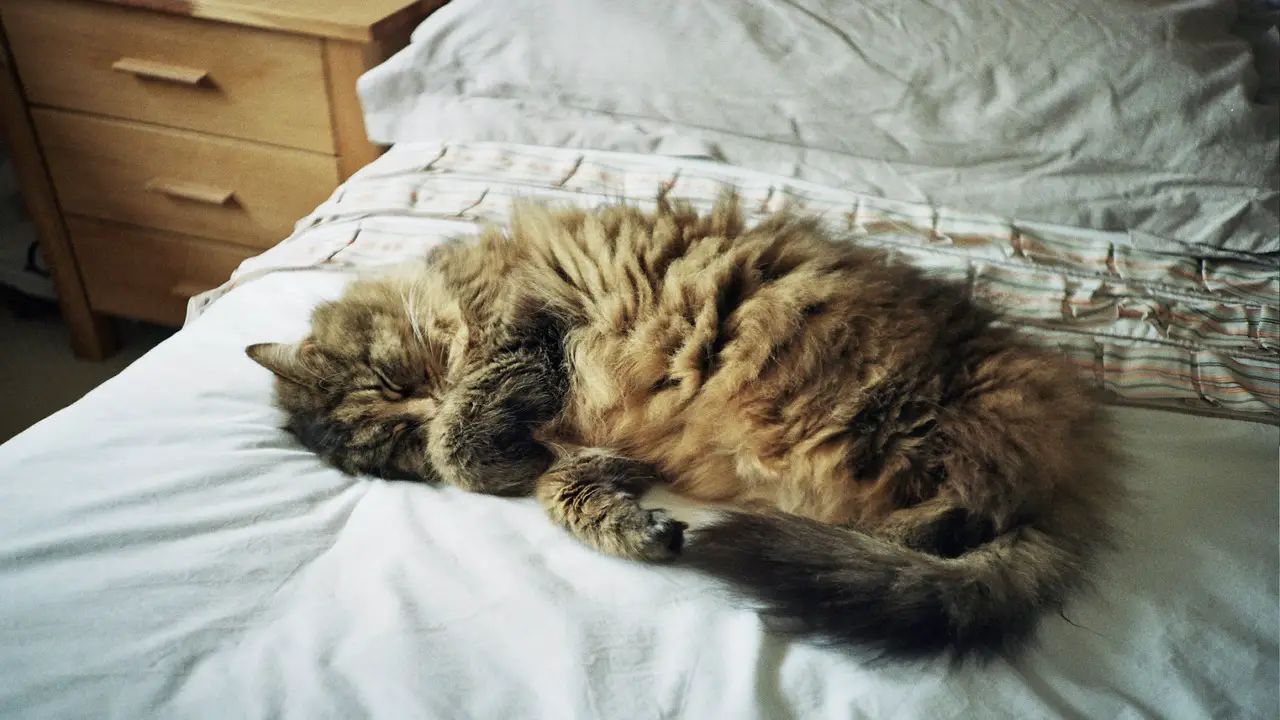
cat suckling in sleep is a behavior that is often seen in kittens. This behavior is thought to result from the cat’s instinctual need for comfort and security. When kittens are nursing, they knead their mother’s nipples to stimulate milk flow, and this behavior can carry over into adulthood. Some cats may continue to suckle on objects or even on their own bodies during sleep to self-soothe and feel safe.
It is important to note that not all cats exhibit this behavior, and it is generally harmless unless it becomes excessive or causes skin irritation. If you have concerns about your cat’s sucking behavior, it is always best to consult your veterinarian for further guidance. Here are 5 Reasons for a cat’s suckling behavior.
The Comfort Of Suckling
Cats find comfort and relaxation through suckling, which mimics their nursing experience and brings them a sense of contentment. This behavior releases endorphins, further contributing to their feeling of comfort. Suckling provides emotional support and security for cats, helping them cope with stress or anxiety.
It’s a way for them to self-soothe and solace in familiar behaviors. The comfort derived from suckling can be especially beneficial for young kittens who are weaning and transitioning from their mother’s milk to solid food.
The wool and warmth of blankets may also remind some cats of their mother’s fur during nap times. Some cat breeds, such as Siamese and Tonkinese, are known to engage in suckling more frequently than others, possibly due to their oriental origins. This behavior is a good idea for cats to feel safe and secure.
A Reminder Of Kittenhood
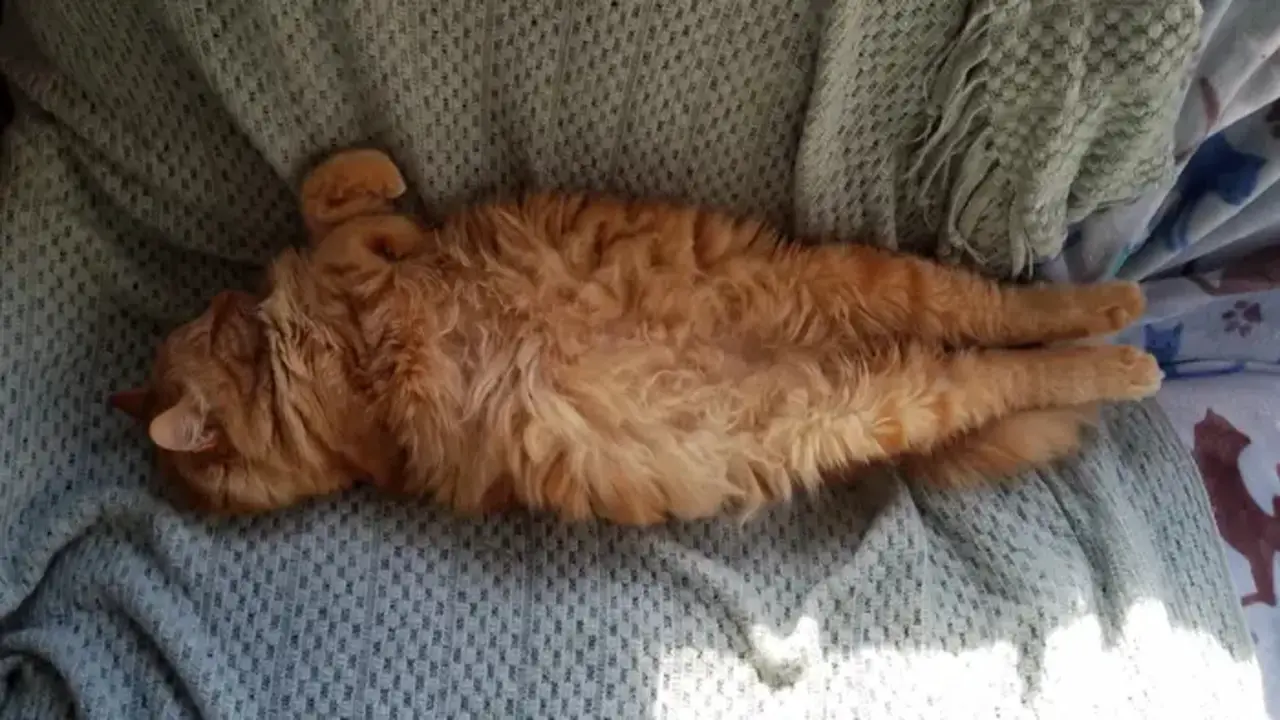
Suckling is a behavior that cats carry on from their time as kittens. It reminds them of the nurturing and care they received from their mother. The act of suckling may trigger memories or associations with the warmth and comfort of their early days. Cats may continue to engage in suckling to find solace or revisit the familiar sensation of nursing.
The reminder of kittenhood through suckling can give cats a sense of nostalgia and emotional connection. This behavior is particularly common in oriental breeds like Siamese, Tonkinese, and other cat breeds known for their playful and affectionate nature.
It’s a good idea to allow young kittens to go through the natural weaning process before separating them from their mother to ensure healthy development and minimize any possible behavioral issues related to cat suckling. It’s important to remember that cat behavior, including suckling, can vary from cat to cat, so it’s always a good idea to observe your cat’s behavior for any signs of stress or discomfort.
A Sign Of Stress
Suckling behavior during sleep can indicate underlying stress or anxiety in cats. Changes in their environment, routine, or interactions can trigger this behavior. Cats may turn to suckling as a coping mechanism to find comfort and alleviate stress.
Identifying and addressing the source of their stress is crucial in reducing or eliminating this behavior. Creating a calm and secure environment for your cat can help mitigate stress-related suckling. By understanding the possible reasons behind their suckling behavior, such as stress or anxiety, you can take appropriate steps to provide a safe and serene space for your feline friend.
A Learned Behavior
Cats may develop the behavior of suckling through positive reinforcement or association. They may continue the behavior if they have received attention or affection due to suckling. The suckling can be self-rewarding for cats, reinforcing the behavior. Redirection and providing alternative activities are necessary to address and modify this learned behavior.
Consistency and positive reinforcement for desired behaviors can help discourage suckling. It’s important to wean cats off their behavior by offering them appropriate alternatives. This is especially true for oriental breeds like Siamese, Tonkinese, and others that may be more prone to suckling. You can help your cat break the habit and engage in healthier behaviors by providing alternative activities and positive reinforcement.
A Way To Self-Soothe
Cats may engage in suckling behavior during sleep to self-soothe and relax. The rhythmic motion of suckling provides a calming effect, offering a soothing sensation that helps them unwind. This self-soothing behavior can be particularly beneficial for reducing anxiety and promoting relaxation in cats.
To redirect the behavior, it is advisable to provide alternative self-soothing methods, such as gentle petting or creating a cozy environment. Cats can learn different ways to relax and feel comforted by offering these alternatives, decreasing their reliance on suckling as a self-soothing mechanism.
How To Discourage The Behavior?
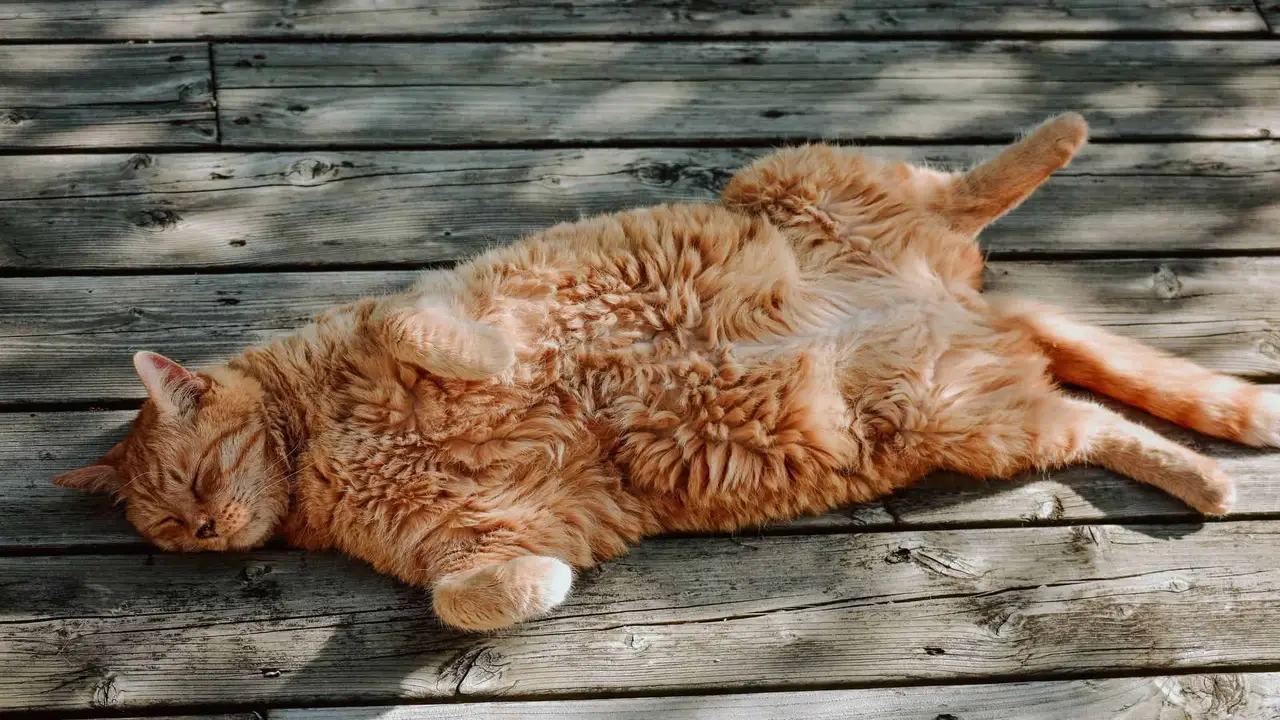
If your cat is suckling in their sleep, there are a few steps you can take to discourage this behavior. First, identify any underlying causes of stress or anxiety triggering the suckling behavior. Providing your cat with a calm and secure environment can help alleviate these feelings.
Additionally, redirecting your cat’s attention when they start to suckle by offering them a toy or engaging them in play can help break the habit. You may also want to consult a veterinarian or animal behaviorist for additional guidance and support in addressing this behavior. Remember, patience and consistency are key when discouraging unwanted behaviors in cats.
Why Is My Cat Moving Her Mouth While Sleeping?
If you’ve ever noticed your cat moving her mouth while sleeping, you may be wondering what’s going on. It turns out that this behavior is actually quite common in cats and is often referred to as “cat suckling.” This behavior stems from a kitten’s instinct to nurse from their mother.
Even as adult cats, they may continue to suckle to comfort themselves or relieve stress. It’s important to note that not all cats exhibit this behavior, and it’s generally harmless unless it becomes excessive or leads to self-injury. If you’re concerned about your cat’s behavior, it’s always a good idea to consult your veterinarian for further guidance.
How Do You Stop A Cat From Suckling On Blankets?
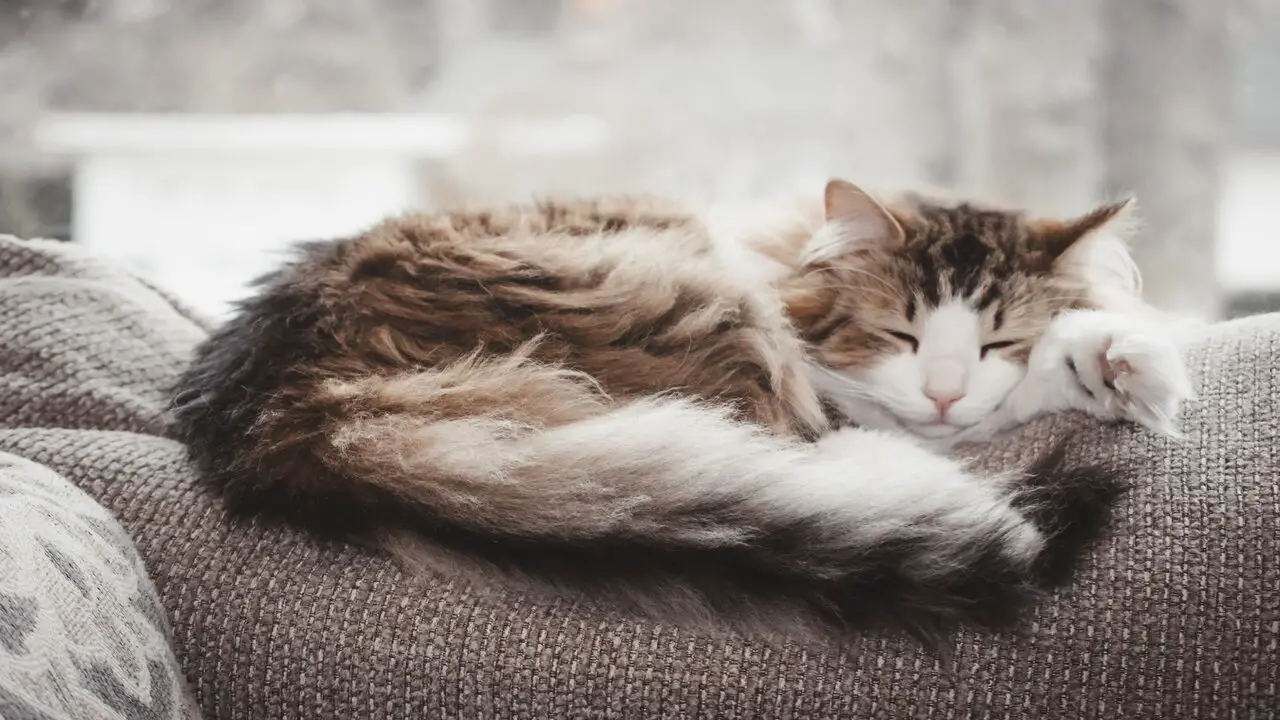
If your cat has developed a habit of suckling on blankets during sleep, there are a few steps you can take to try and discourage this behavior. First, ensure your cat gets enough stimulation and attention during the day. Engage in interactive play sessions with toys to help redirect their energy.
Additionally, provide them with appropriate chew toys or treats to satisfy their oral needs. If the behavior continues, consider using deterrents such as bitter sprays or double-sided tape on the blankets to make them less appealing. Providing alternative bedding options for your cat may also be helpful, such as a soft blanket specifically designated for their use. Remember to be patient and consistent in your efforts; breaking this habit may take time and persistence.
Why Do Cats Twitch In Their Sleep?
It’s common to see a cat twitching or suckling in their sleep. This behavior is often a result of their instincts and can trace back to their early days as kittens. When kittens nurse from their mother, they knead the area around her teats to stimulate milk flow.
This kneading motion, or “making biscuits,” can carry over into adulthood and observe when cats are in a deep sleep. It’s thought that this behavior is a sign of comfort and contentment, as cats often engage in it when they feel safe and relaxed. So, if you see your feline friend twitching or suckling in their sleep, rest assured that it’s just a harmless display of their natural instincts.
Conclusion
Cat suckling in sleep for various reasons. It could be due to a sense of comfort, a reminder of their kittenhood, a sign of stress, a learned behavior, or a way to self-soothe. While this behavior is natural, some cat owners may want to discourage it for various reasons. To discourage the behavior, provide alternative soothing methods such as a warm blanket or stuffed toy.
If your cat is moving her mouth while sleeping or suckling on blankets, it is likely related to this behavior. However, if you notice excessive twitching during sleep, it could be a sign of a deeper issue and should be discussed with your veterinarian. Understanding these behaviors can help create a safe and comfortable environment for your feline friend.
Frequently Asked Questions
Why Is My Cat Moving Her Mouth While Sleeping?
Cats may move their mouths while sleeping due to dreaming. Some cats also make sucking motions in their sleep, a behavior they develop as kittens when nursing. This behavior is usually comforting and not a cause for concern. If excessive drooling or teeth grinding is observed, it’s best to consult a veterinarian.
.Why Is My Cat Nursing On My Blanket?
Cats may nurse on blankets due to stress, anxiety, or a need for comfort. Some cats may have been weaned too early and continue the behavior into adulthood. Appropriate toys and attention can help reduce the behavior, but excessive nursing should be monitored and discussed with a veterinarian.
.Should I Let My Cat Nurse On Me?
No, it is not recommended to let your cat nurse on you. This behavior can lead to painful bites and scratches from adult cats and reinforce needy or dependent behavior. Instead, provide your cat with appropriate toys and comfort items to reduce the urge to nurse.
Why Does My Cat Nurse On My Pillow?
Cats may suckle on soft objects like pillows for comfort and stress relief. This behavior can mimic nursing from their mother and may be more common in cats weaned early. Redirect the behavior by providing appropriate toys and comforting objects for your cat.
What Should You Do About Cat Suckling?
If your cat’s suckling behavior is causing harm or discomfort, it’s best to consult a veterinarian. In the meantime, give your cat appropriate toys and objects to redirect their suckling behavior. Address any potential underlying stress or anxiety that may be causing the behavior, and be patient and understanding with your cat.

Aquarium passion is all about connecting with the aquatic life and providing education to the public on the importance of these creatures. We showcase a wide variety of marine life through our exhibits as well as working with schools to provide unique learning opportunities for students of all ages.

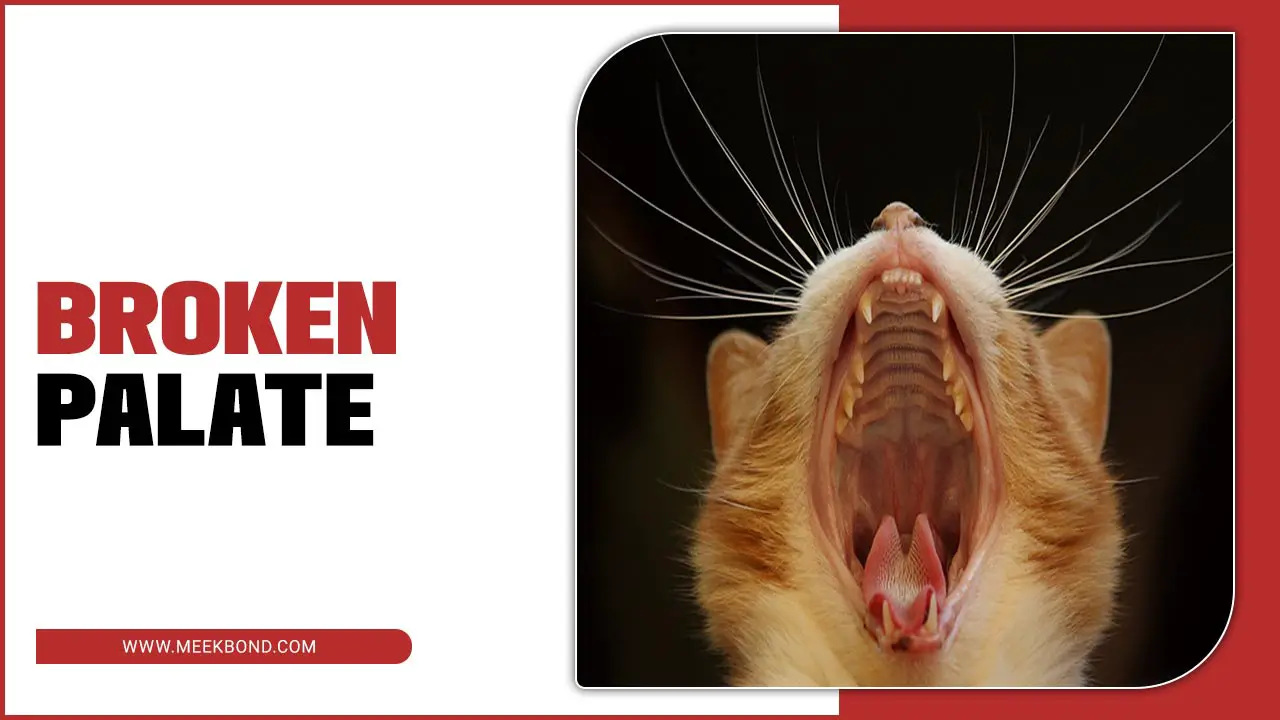
![How To Keep Possums Out Of Cat House? [Easy Guideline]](https://meekbond.com/wp-content/uploads/2021/12/How-To-Keep-Possums-Out-Of-Cat-House.jpg)
